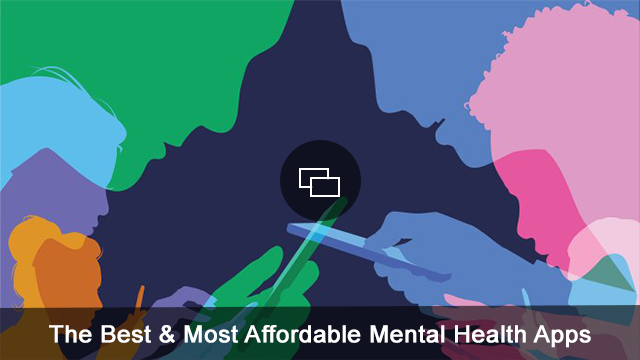For a child who struggles to pay attention and learn in school, an accurate diagnosis of attention deficit disorder (ADHD) can be life-changing. The diagnosis can name and thereby validate the challenges the child faces. It can also lead to empathy for the child and their family and — perhaps most importantly — open the doors to support and treatment.
ADHD diagnoses have been rising steadily in recent years, with a recent study suggesting as many as 1 in 9 children have it. The neurodevelopmental condition is characterized by hyperactivity, inattention, and impulsivity beyond what’s normal for a child’s age and development, and its recent rise has led many to question whether it is being overdiagnosed.
While the vast majority of children who are diagnosed with the condition do have it, recent evidence suggests there may be some overdiagnosis happening in kids and teens, particularly among those with mild symptoms. Yet, the rise in ADHD diagnosis cannot be attributed solely to overdiagnosis.
Why ADHD Diagnoses Are Increasing—and What It Means
The increase in ADHD diagnoses is in part due to changes in criteria within the DSM-5, the manual used by healthcare providers to make the diagnosis. A broader definition of the illness has allowed children with less severe symptoms to meet the criteria for ADHD. It has also allowed children with other conditions to be diagnosed with ADHD. For example, children with a diagnosis of autism spectrum disorder or a developmental delay can be diagnosed with ADHD as well.
Historically, parents, teachers, and doctors have also missed a significant number of girls with ADHD. Girls are more likely to have inattentive symptoms and, because they’re not disruptive, miss out on the diagnosis. This trend has improved in recent years, though work remains.
A growing awareness of ADHD among the public has also contributed to increasing rates. As more people recognize the signs, parents and teachers bring up concerns sooner, and children with ADHD symptoms are more likely to be diagnosed early.
With increased awareness and broadened criteria, partnering with your doctor to arrive at the correct diagnosis is vital.
Partnering with Your Doctor for an Accurate Diagnosis
Parents play a critical role in helping to ensure a potential ADHD diagnosis is accurate. Here are some ways you can partner with your healthcare provider:
Consider Age and Development: Children who are young for their grade may appear more inattentive or impulsive simply because they’re younger and still developing crucial social and emotional skills. Studies have shown kids who are in the younger third age distribution of their class are more likely to receive an ADHD diagnosis. Discussing your child’s age relative to peers with the doctor can help determine whether behaviors are age-appropriate.
Rule Out Other Possible Diagnoses: Symptoms of ADHD can overlap with those of other conditions, such as autism, anxiety, sensory processing issues, or learning disabilities. A thorough evaluation should rule out these conditions to ensure an ADHD diagnosis is appropriate.
Use Validated Rating Scales: Doctors often rely on structured rating scales completed by parents and teachers, which assess behaviors across different settings. These tools provide a comprehensive view of a child’s behavior.
Observe Consistency Across Settings: ADHD symptoms typically appear in multiple settings, such as at home and school. If symptoms only appear in one environment, ADHD is less likely, and other situational factors may be worth exploring.
Evaluate Symptom Persistence: ADHD symptoms are generally long-lasting. If signs of inattention or impulsivity are short-lived and occur in response to a recent change, such as a family move or school transition, adjusting may be the root cause rather than ADHD.
An ADHD diagnosis can be helpful
ADHD is a real and challenging condition for many children and adults. For those who receive an accurate ADHD diagnosis and treatment, the positive effects on concentration and learning can be life-changing.
As is true for any other medical condition, parents can ensure their child receives the correct diagnosis and support by working closely with healthcare providers.
Editor’s note: Dr. Edith Bracho-Sanchez is a practicing pediatrician at Columbia University Irving Medical Center, a contributing editor to SheKnows, and a mom to an active toddler.
Before you go, check out our favorite mental health apps:
This article was originally published on sheknows.com.


